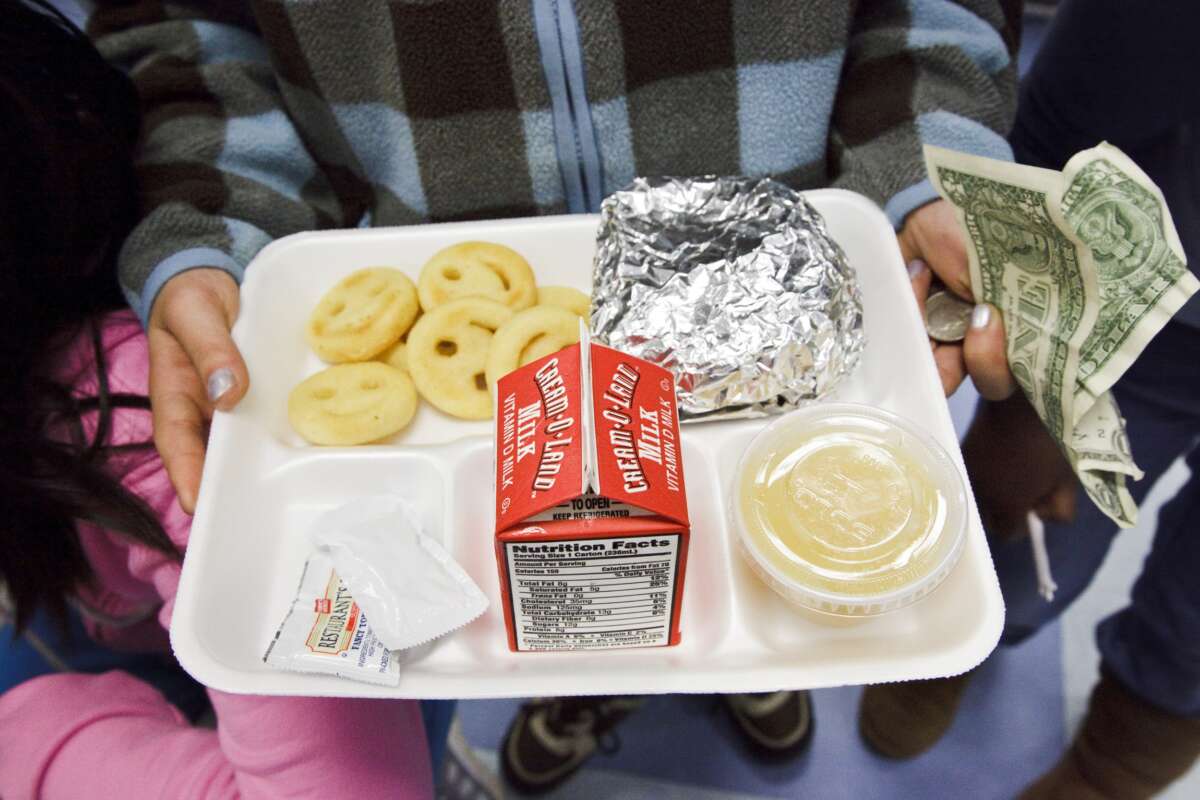The Democratic-led Nevada State Assembly has passed a bill to provide student breakfasts and lunches in schools throughout the state, ensuring that school-aged children will remain fed, regardless of their income levels, through at least the next two school years.
Nevada has enough money left over from pandemic funding from the federal government to continue providing free meals to students in the 2023-24 school year. The newly passed proposal, Assembly Bill 319, allocates an additional $43 million in funding toward extending free breakfasts and lunches in the 2024-25 academic year.
“We owe it to our students to provide them with a quality education and research shows that means ensuring they do not go hungry in the classroom,” said Assembly Majority Floor Leader Sandra Jauregui, who introduced the proposal. “Ensuring that no child is left hungry in the classroom should not be a partisan issue.”
The bill passed last Thursday by a vote of 28 members of the Assembly in favor and 14 opposed — a two-thirds “constitutional majority” that means, if the State Senate votes at the same rate, it cannot be vetoed by Republican Gov. Joe Lombardo.
The state Senate has yet to vote on the measure. The partisan makeup in that chamber is such that it stands a high likelihood of passing but would need at least one Republican lawmaker to join every single Democrat in order to make its passage veto-proof.
Since the federal pandemic-related program to fund school meals across the entirety of the nation expired last year, only a small handful of states have passed legislation to extend it, within their jurisdictions, for additional years — only two states, California and Maine, have made free school meals programs permanent fixtures. Voters in a third state, Colorado, approved a ballot measure that allows districts to opt-in to such a program, but doesn’t require every district to provide a free breakfast and/or lunch to students.
The idea of a permanent federal program to provide free meals to students throughout the U.S. is widely popular. A Data for Progress poll in 2021 found that nearly three-in-four voters (74 percent) backed the idea. Last summer, an Urban Institute poll made similar findings, with 76 percent of adults with children and 67 percent of adults without children in public schools supporting a permanent free school meals plan at the federal level.
Early last month, progressive lawmakers in Congress submitted a proposal that would create a permanent federal program. The Universal School Meals Program Act, introduced jointly by Sen. Bernie Sanders (I-Vermont) and Rep. Ilhan Omar (D-Minnesota), would provide free breakfast, lunch, dinner and a snack in schools without regard for family income.
“It is an international embarrassment that today, in the richest country in the history of the world, we are seeing record numbers of children and youth struggling with hunger on a daily basis,” Sanders said in a statement regarding the proposal. “We cannot continue to prop up a grossly unjust economy in which the very rich get richer while millions of working families struggle to afford the most basic necessities of life, from paying for rent and medications to feeding their children.”
